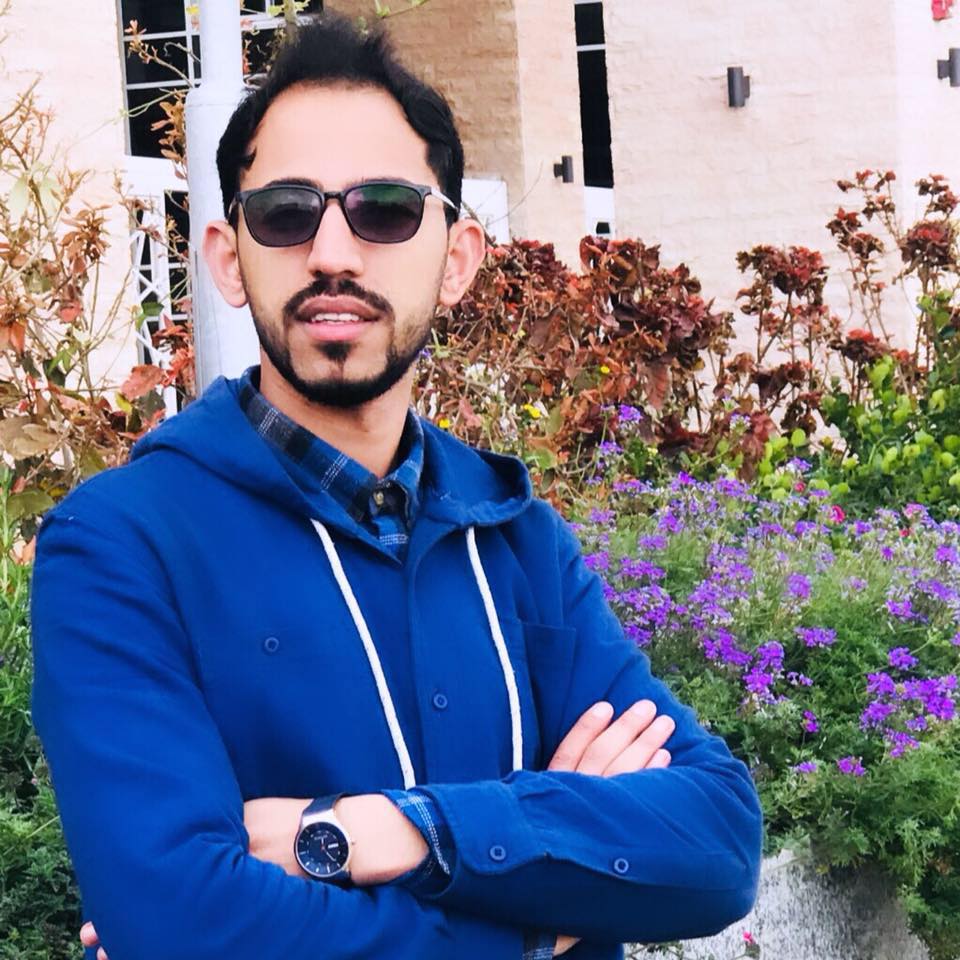باتت وسائل التواصل الاجتماعي مصدراً أساسياً للمعلومات بالنسبة للصحفيين في قطاع غزة. ورغم أهميتها وتسهيلها لعمل الصحفيين، فإنها تبقى وسيلة أساسية لترويج الشائعات.
يعتمد الصحفيون على هذه المنصات بشكل كبير، خاصة في حال عدم تمكنهم من الوصول إلى مكان الحدث، وذلك خشية تعرضهم للخطر خلال فترة الحروب المتكررة على القطاع وتوتر الأحداث قرب السياج الأمني، خاصة أثناء فعاليات مسيرات العودة الكبرى.
قبل ظهور المنصات وبعدها
لم تعد التغطية الصحفية الإخبارية اليوم كما كانت عليه في السابق، في ظل التطور التكنولوجي الهائل وانتشار مواقع التواصل الاجتماعي بشكل كبير، والسرعة الكبيرة في نقل المعلومات. وعن ذلك يقول الصحفي أشرف أبو خصيوان "أعمل صحفياً منذ العام 2004، ووقتها اشتدت ذروة الانتفاضة ما قبل الانسحاب الإسرائيلي من القطاع، حيث كان الوصول إلى الخبر أو الصورة يمثل تحدياً وسبقاً صحفياً بمعنى الكلمة".
ويضيف لمجلة "الصحافة" أن الصحفي في ذلك الوقت "كان مضطراً إلى التواجد في موقع الحدث للحصول على المعلومات، وكذلك الاتصال بالمصادر الطبّية والأمنية وشهود العيان من أجل تأكيد تلك المعلومات"، مشيراً إلى أن نسبة الخطأ في الحصول على المعلومات وعدم دقتها كانت قليلة جداً، مقارنة بالوضع الحالي، إذ ساهم انتشار مواقع التواصل الاجتماعي في نشر الإشاعات والمعلومات المغلوطة، بالإضافة إلى تعرض العديد من المعلومات للتأويل والتحريف والتغيير في بعض الأحيان.
وانطلاقاً من تجربته، يؤكد أبو خصيوان أهمية تقصّي الصحفي للمعلومات من الميدان، معتبراً أن مشاهدة الحدث يُعد سبقا صحفيًّا، والصحفي هو أول مصدر موثوق بالنسبة للمؤسسة التي يعمل فيها.
اعتماد أكبر على المنصات في الحروب
من جهته، يقول المصور الصحفي محمد زرندح "في أحيان كثيرة نكون بحاجة إلى مواقع التواصل الاجتماعي بشكل كبير لمعرفة الأحداث الجارية التي تدور من حولنا، فأنا لا أتوجه إلى أماكن الأحداث لكي لا أعرض حياتي للخطر، نظرا لعدم امتلاكي معدات السلامة التي يحتاجها أي صحفي"، مضيفا "أعتمد في تغطيتي للأحداث على مواقع التواصل، وخاصة أحداث مسيرة العودة وأثناء القصف الإسرائيلي على غزة، لكنني أتأكد من صحة المعلومات المستقاة من مواقع التواصل، قبل نشرها".
أما الصحفي أسامة الكحلوت فيثني على دور المنصات، لكونها تسهم في نقل الحدث فور وقوعه، وكونها أصبحت ملاذاً للصحفيين والنشطاء للاطلاع على ما يحدث داخل القطاع.
ويثمّن الكحلوت أهمية المنصات نظراً لأن العديد من الأشخاص يُمنع عليهم نشر ما يدور مثلا داخل المؤسسات الرسمية وغيرها، فيلجأ عندها الصحفي إلى التحدث مع نشطاء على مواقع التواصل الاجتماعي، معتمداً على تصاريحهم في التقارير الصحفية.
ويشير إلى أنه يجب على النشطاء تحري الدقة قبل نشر المعلومات تجنباً لوقوع الصحفي الذي يعتمد على تلك المعلومات في فخ الشائعات والأخبار الكاذبة، وهو رأي يشاركه فيه أستاذ الإعلام بجامعة الأقصى أحمد حماد الذي يشير إلى أهمية تأكد الصحفيين من صحة المعلومات قبل نشرها، معتبراً أن الصحفيين يجدون ضالتهم في منصات التواصل لأنها تؤمن لهم الخبر بشكل أسرع.
إلى جانب السرعة في نقل المعلومات والأخبار، فإن منصات التواصل تتميّز بكونها تتيح للصحفيين والنشطاء التعبير عن آرائهم بكل حرية، خاصة أن العديد من الوسائل الصحفية تمنع الصحفيين من نشر أنواع من الأخبار والمحتوى عبر مواقعها لتعارضها مع سياستها، بحسب ما يؤكده تحسين الأسطل نائب نقيب الصحفيين الفلسطينيين.
ورغم أهمية مواقع التواصل الاجتماعي فإنها تبقى سلاحاً ذا حدين، فهي تساهم بهامش حرية أوسع ونقل أسرع للخبر، ولكنها في الوقت نفسه مساحة تتسع فيها إمكانية تزييف الأخبار وفبركتها، فكيف يوازن الصحفي بين إيجابياتها وسلبياتها؟








































